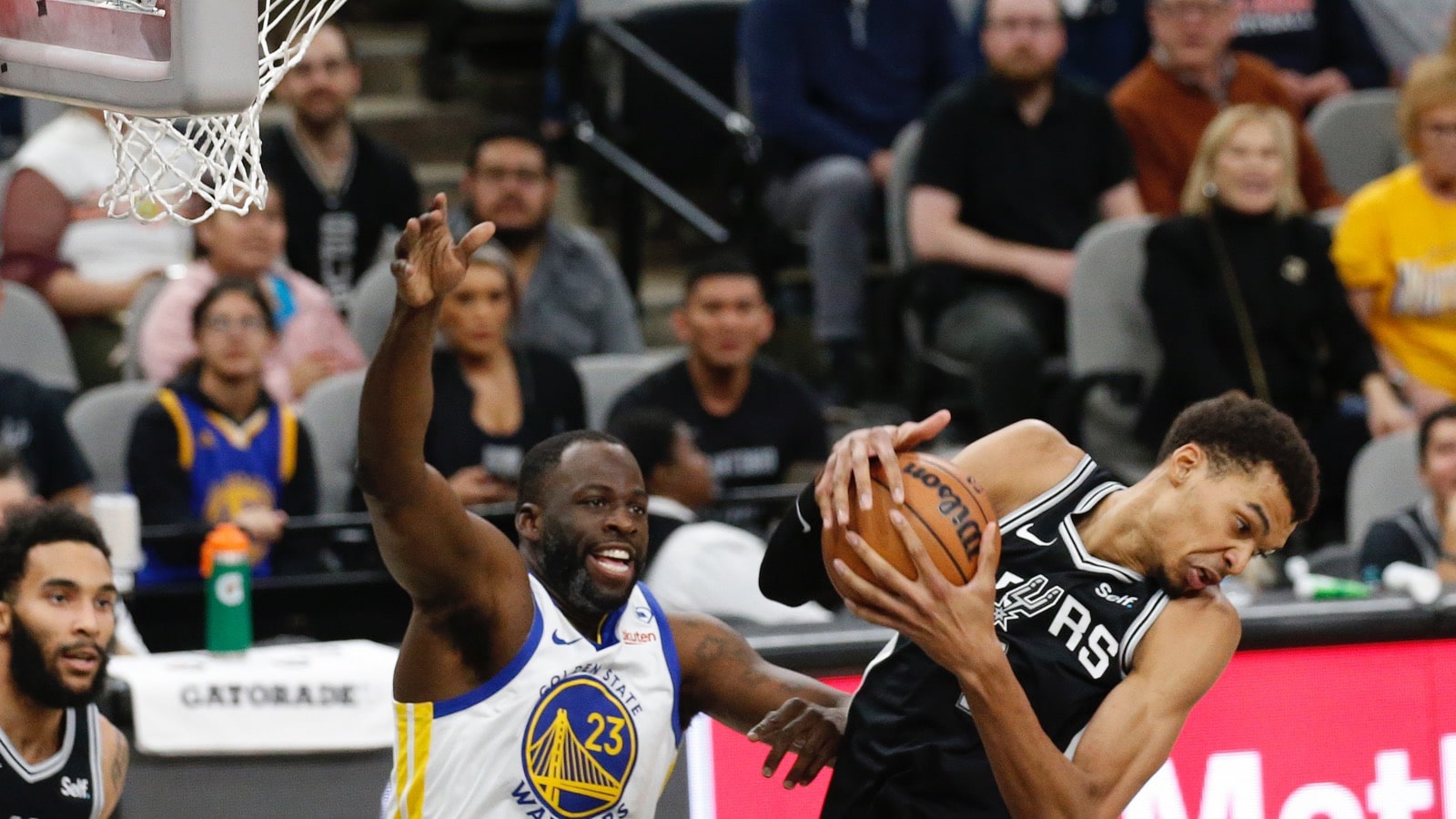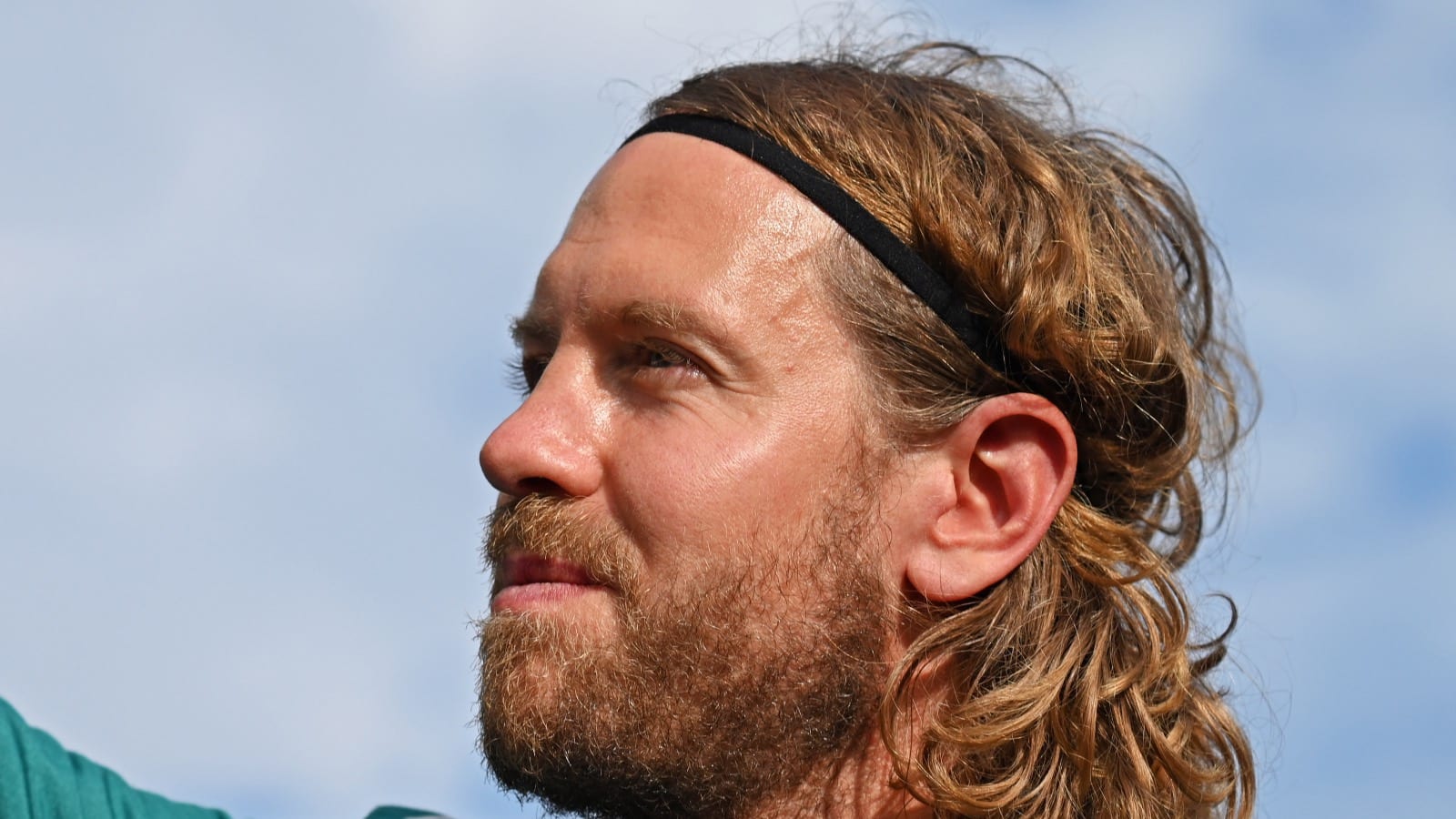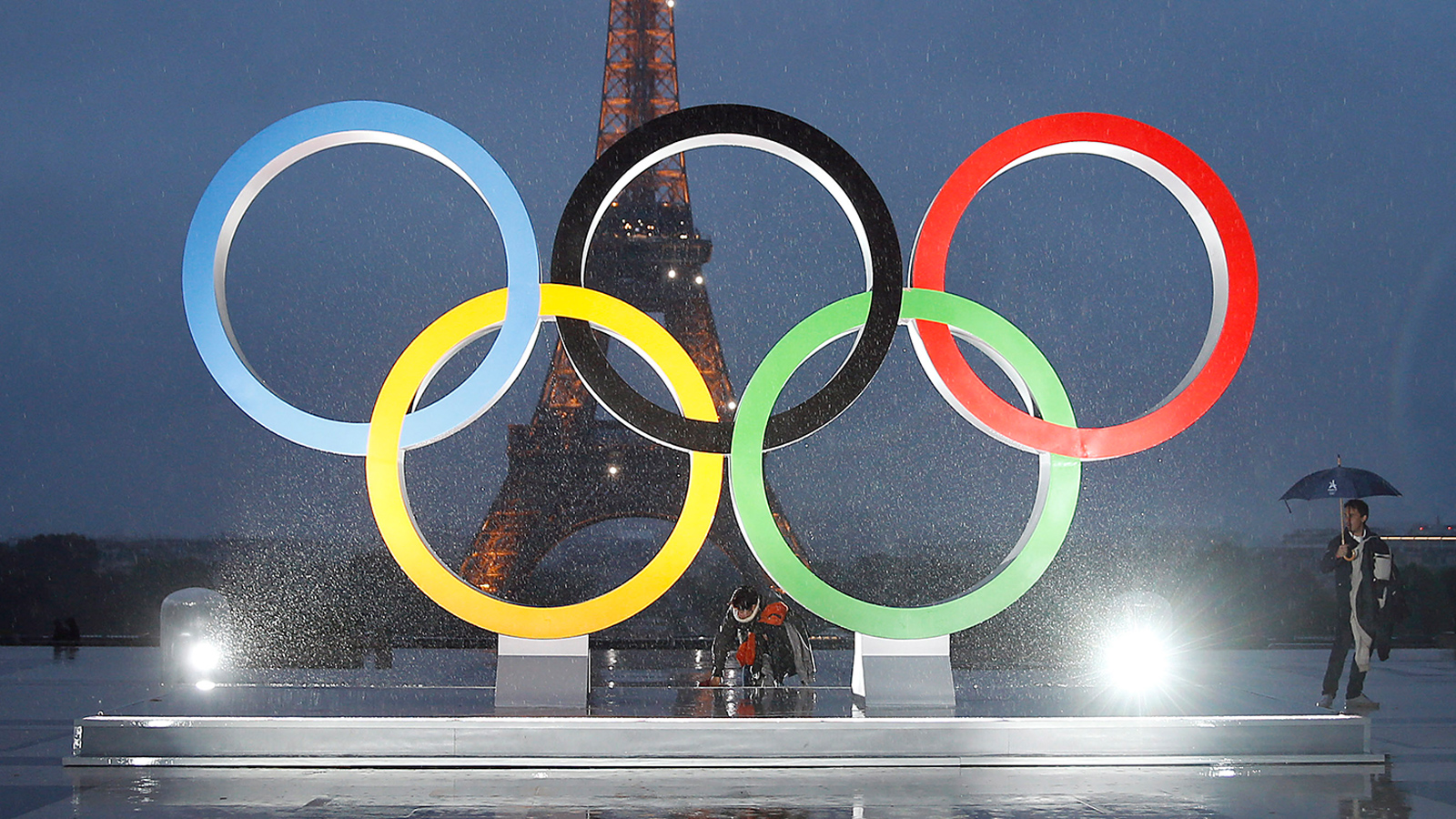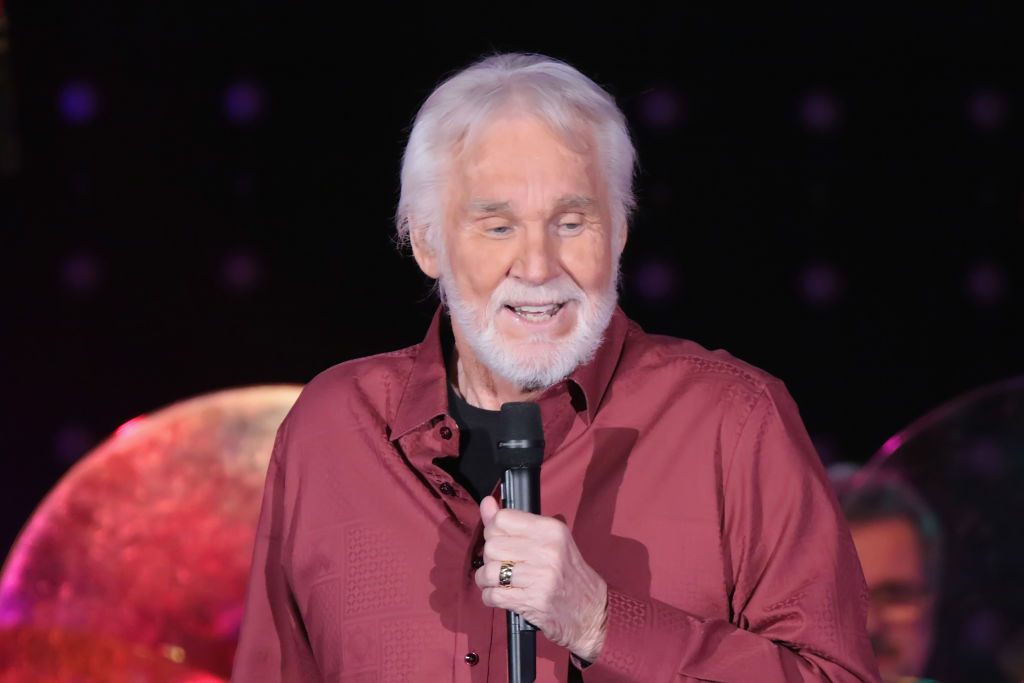
Kenny Rogers Sang One of the Best Sports Songs in History
Normally, if a sports site were to mention Kenny Rogers, one might think it would be discussing the career of the pitcher who racked up 219 wins in a 20-year career with six teams, including a perfect game with the Texas Rangers in 1994, which was the last no-hitter in team history. Today, however, it’s actually Kenny Rogers, the music legend, that is the topic of conversation as he’s responsible for one of the best sports songs in history, “The Greatest”.
Kenny Rogers has passed away at the age of 81
Kenny Rogers passed away on Friday night at his home at the age of 81. In a statement released by his publicist, it was announced that the family is planning a private service at this time due to the coronavirus outbreak and that a public memorial will be set at a later date.
Over the course of six decades, Kenny Rogers sold more than 165 million records, scored 24 No. 1 hits on the country Billboard chart, and had more than 120 hits in numerous genres hit the airwaves, including his signature track, “The Gambler”, which spawned five movies and will live on forever as part of the National Recording Registry by the Library of Congress.
In 1999, while he had found success in other genres, Rogers released his comeback album in country music and it was a simple song about baseball that got him back on the charts for the first time in eight years.
‘The Greatest’ is beautiful in its complex simplicity
Released in April 1999 as the first single from the She Rides Wild Horses album, marketed as his comeback to country music, “The Greatest” marked the first time in eight years that Kenny Rogers had a song in the top 30 on the Billboard country chart. It peaked at No. 26. Rogers would get back to number one the following year with “Buy Me a Rose”.
What made “The Greatest” so beautiful was its simplicity, at least musically. Just a guitar and a voice. It was an unlikely hit that exercised life and philosophy lessons through the eyes of a little boy playing baseball by himself. First taking the role of the hitter, the young man throws the ball up to himself and swings and misses. Then he misses again. And then again. But instead of getting down on himself for striking out, he applauds himself for being an amazing pitcher. It’s a brilliant piece of work that combines simplicity with complexity and any person who has ever been in that boy’s position can relate to it.
Little Boy, in a baseball hat
Stands in the field with his ball and bat
Says I am the greatest player of them all
Puts his bat on his shoulder and he tosses up his ballAnd the ball goes up and the ball comes down
Swings his bat all the way around
The world’s so still you can hear the sound
The baseball falls to the groundNow the little boy doesn’t say a word
Picks up his ball, he is undeterred
Says I am the greatest there has ever been
And he grits his teeth and he tries it againAnd the ball goes up and the ball comes down
Swings his bat all the way around
The world’s so still you can hear the sound
The baseball falls to the groundHe makes no excuses, He shows no fears
He just closes his eyes and listens to the cheersLittle boy, he adjusts his hat
Picks up his ball, stares at his bat
Says I am the greatest the game is on the line
And he gives his all one last timeAnd the ball goes up like the moon so bright
Swings his bat with all his might
And the world’s so still as still can be
And the baseball falls, and that’s strike threeNow it’s supper time and his mama calls
Little boy starts home with his bat and ball
Says I am the greatest that is a fact
But even I didn’t know I could pitch like that
Beautiful.
Who wrote ‘The Greatest’?
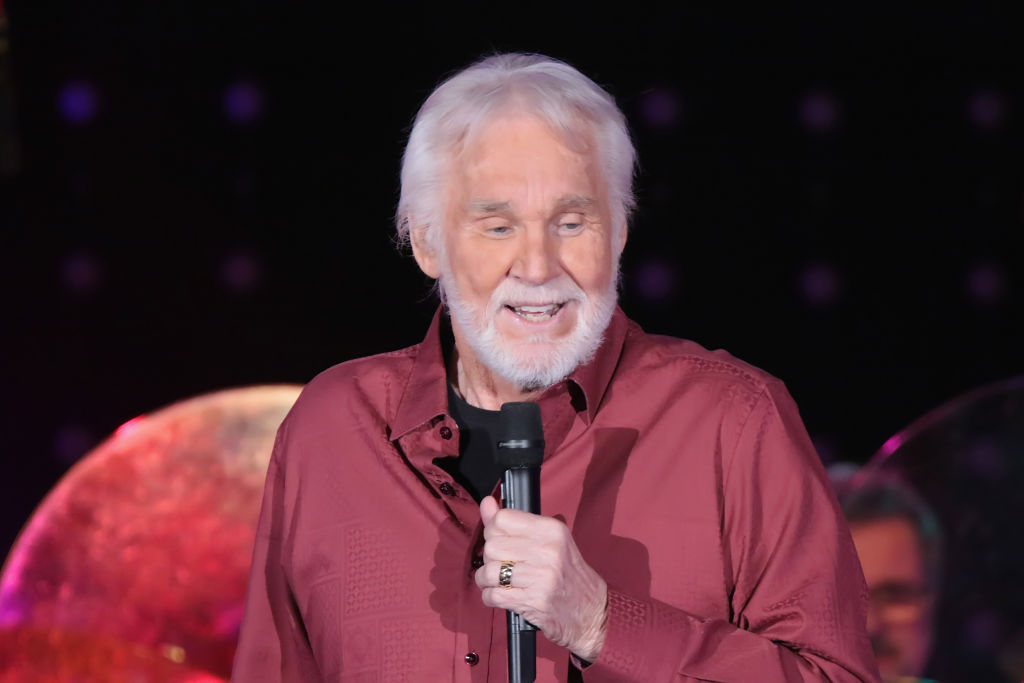
“The Greatest” was written by Hall of Fame songwriter Don Schlitz. However, the track was not the first time that Schlitz had worked with Kenny Rogers. Schlitz’s first major hit as a songwriter was “The Gambler”, which obviously the biggest song of Rogers’ career.
Schlitz also wrote “Forever and Ever, Amen” for Randy Travis and “When You Say Nothing at All” for Keith Whitley, which became an even bigger hit years later when it was covered by Alison Krauss. Krauss sang backup vocals on “Buy Me a Rose”, which came from the same album that produced “The Greatest”.
